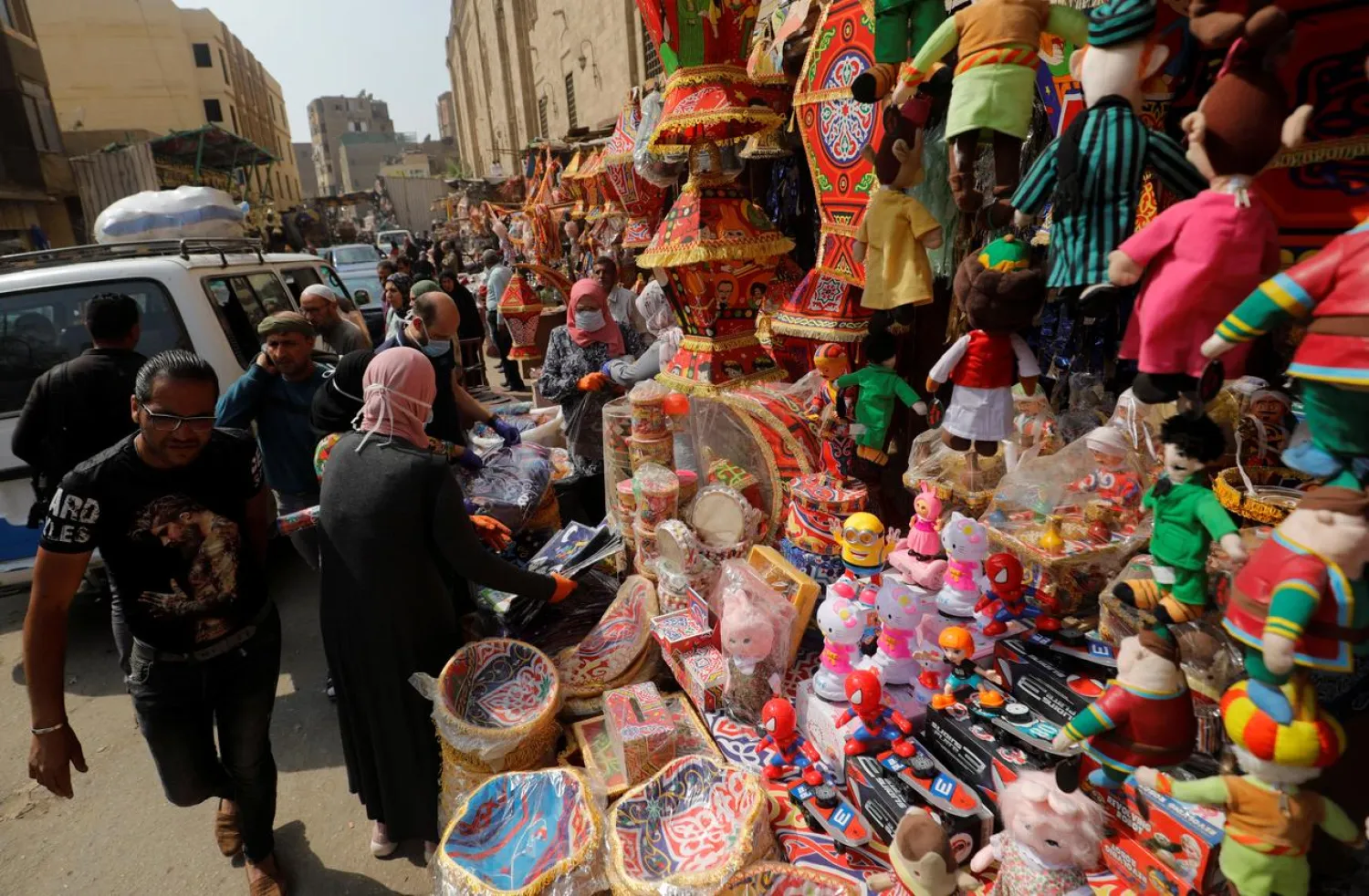Egypt is seeking to grant President Abdul Fattah el-Sisi extensive powers in line with the emergency law in order to confront the “emerging reality” caused by the COVID-19 pandemic.
Authorities had imposed a nationwide state of emergency after two terrorist attacks targeted two churches in April 2017. Since then, exceptional measures have been announced and extended every three months, at six month intervals to avoid violating the constitution.
The government proposal, approved by the Legislative Affairs Committee, focused mainly on health emergencies, and enables the Military Prosecution to assist the Public Prosecution in investigating crimes that violate the extraordinary measures.
Egypt extended the state of emergency last January, and it is scheduled to end on April 27.
The proposed amendments allow the president to suspend the school and university year or any educational institution. It also allows shutting down certain ministries and authorities entirely or partially and postponing the payment of water, electricity and gas bills entirely or partially.
The new proposals also force Egyptian expatriates returning home from abroad to undergo necessary health checks after several of them refused last month to comply with quarantine measures.
The proposals also include giving the president the right to allocate cash and assistance to individuals and families, offer financial support to medical research, provide financial and support to damaged economic sectors, postpone the payment of certain taxes, and turn schools and youth centers into field hospitals.
For the third consecutive day, Egypt registered a daily record in virus cases as the Ministry of Health reported 188 new infections and 19 deaths, while 55 patients were discharged from isolation hospital rooms.
The figures raise Egypt’s infections to 3,032, with 701 recoveries and 224 deaths.









